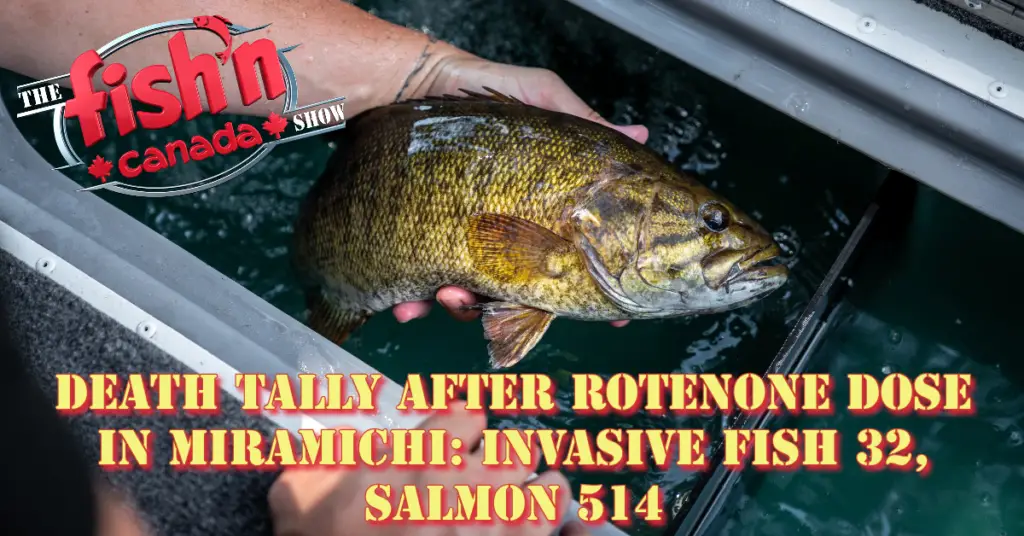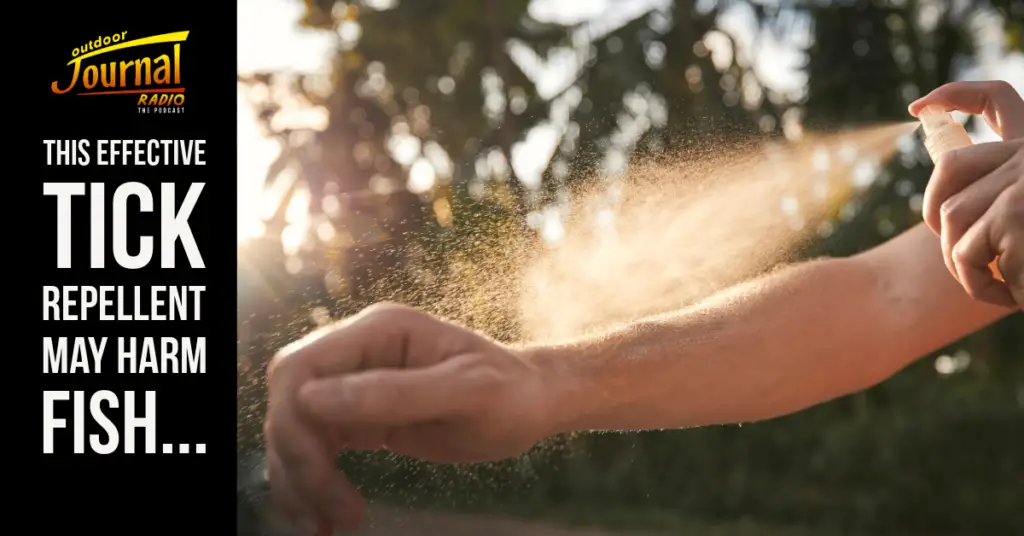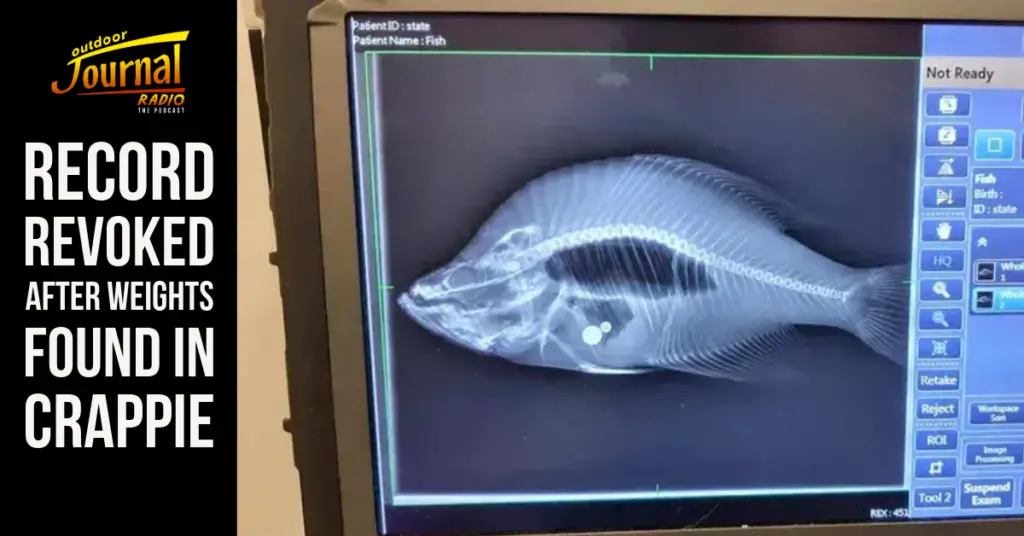Advocates concede defeat but continue to portray a grim outlook for the future of rivers as invasive fish continue to proliferate.
The group that had intended to employ rotenone to eliminate smallmouth bass in Miramichi Lake as a means of safeguarding Atlantic salmon from these predatory fish has withdrawn their proposal.
In a five-page statement released on Friday (Sept. 29th), the partners within the Working Group on Smallmouth Bass Eradication in the Miramichi unanimously agreed to discontinue the project. However, the statement cautioned about potentially grave repercussions, as smallmouth bass, an invasive species posing a threat to salmon and other aquatic life, would now be unrestrained within the Miramichi watershed.
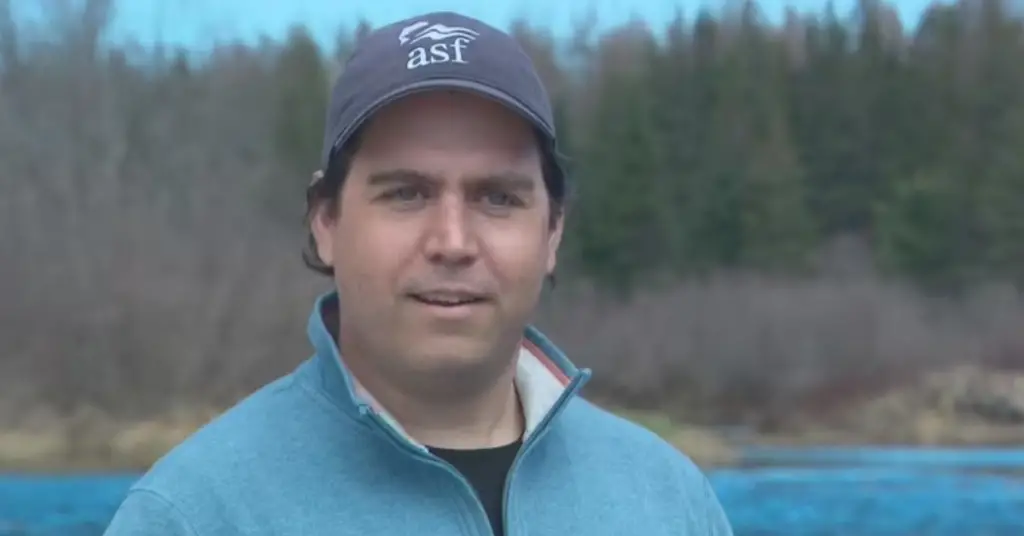
Neville Crabbe, spokesperson for the Working Group on Smallmouth Bass Eradication in the Miramichi, released a lengthy statement saying the project is off.
According to the statement, the discovery of Smallmouth bass outside the rotenone project area was one of the reasons cited for abandoning the project
“Smallmouth bass will now colonize the watershed,” said the group, calling the illegal introduction of smallmouth bass to Miramichi Lake “one of the most consequential environmental crimes in New Brunswick history.”
After the statement was issued on Friday afternoon, Neville Crabbe, the spokesperson for the working group, declined an interview request, stating that the news release conveyed the message adequately.
The working group comprises representatives from organizations such as the Atlantic Salmon Federation, Miramichi Salmon Association, New Brunswick Wildlife Federation, and North Shore Mi’kmaq District Council.
Since the discovery of smallmouth bass in the lake in 2008, the group has consistently advocated for a rotenone-based solution to address the smallmouth bass issue. They attribute the lack of response to their plea to both federal and provincial governments.
The statement further noted that instead of endorsing the use of rotenone, the Department of Fisheries and Oceans (DFO) attempted to eliminate the smallmouth bass by capturing them, an approach that, as predicted, ultimately proved unsuccessful.
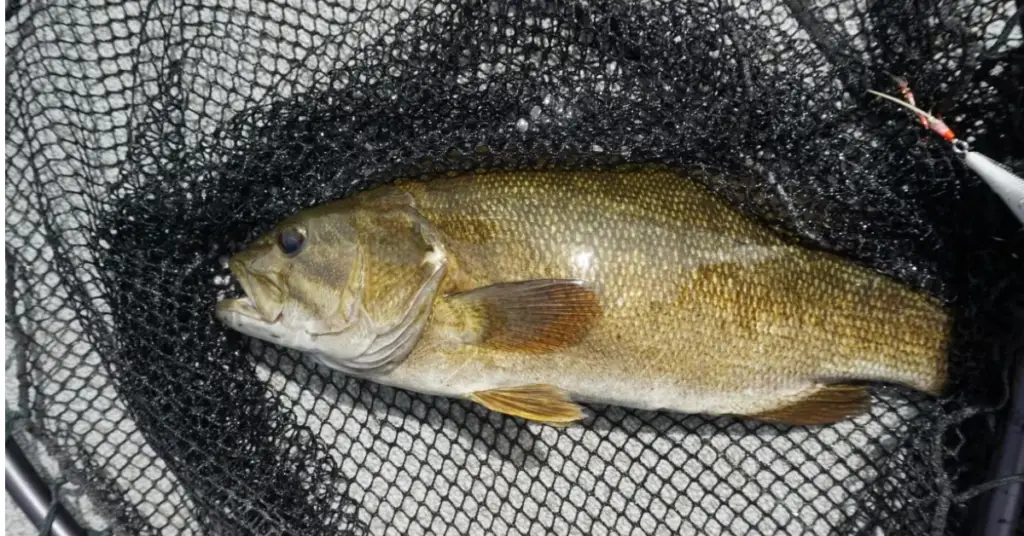
Smallmouth bass are an invasive species in New Brunswick.
The group noted that the provincial government has not supported the use of rotenone applications.
Additionally, the project raised concerns among both cottagers and Wolastoqey women. Their paddling activities on the lake, located approximately 90 kilometers northwest of Fredericton, posed challenges to the application of the toxin.
In a statement, the New Brunswick Department of Natural Resources and Energy Development clarified that aquatic invasive species fall under federal jurisdiction.
“The province has acted appropriately with an openness to collaborate and partner when asked,” said spokesperson Jason Hoyt said.
“This was recently demonstrated as the Department of Natural Resources and Energy Development was integral to the recent Miramichi treatment operations and supported the proponent with staff and equipment for the duration of the project.”
Hoyt mentioned that it is premature to discuss the potential next actions for eliminating smallmouth bass from Miramichi Lake.
Rotenone went into brook
In the previous autumn, rotenone was introduced into a nearby brook with the Department of Fisheries and Oceans’ approval. However, the group faced difficulties in applying it to Miramichi Lake.
By January 2023, the group stated that they had requested the Department of Natural Resources to assume leadership. Unfortunately, despite several meetings “no resolution was achieved.”
“After a second year of frustration, the Working Group knew we could not try a third time and expect different results,” the statement said.
The group criticized the Wolastoqey paddlers and the court while asserting that the project had garnered public support, referencing 1,290 letters received.
According to the statement, the group attempted to secure access to Miramichi Lake for the Phase 2 application but required a court injunction issued by a judge to gain access to a public boat ramp.
Admitting defeat, the statement said “it is now up to both levels of government to control the spread of smallmouth bass in the Miramichi watershed.”
Statement from DFO
In a statement issued on Friday night, the Department of Fisheries and Oceans (DFO) stood by its actions regarding this matter.
Spokesperson Isabelle Comeau, in an email, stated that since 2009, DFO has been and continues to collaborate with the Government of New Brunswick, Indigenous organizations in New Brunswick, Miramichi watershed associations, and other partners to actively contain, manage, and oversee Smallmouth Bass in both Miramichi Lake and the Southwest Miramichi River.
DFO has maintained “a physical barrier at the lake outlet, and intensive removal activities in the lake, in the brook leading to the Miramichi River and a 12-kilometre section” of the river, Comeau said.
In their capacity of overseeing the regulations concerning aquatic invasive species, the DFO’s responsibility is to “ensure and maintain independent regulatory oversight” and “cannot be the proponent of an eradication project in New Brunswick.“
Cottager says project ‘died a natural death’
Throughout the entire summer, uncertainty loomed over whether rotenone would be utilized again this year, and Crabbe skillfully avoided inquiries regarding the group’s intentions. Local cottagers reported not receiving any updates.
However, on Friday, Austin Greenlaw, a Miramichi Lake cottager, expressed his delight upon learning that the project had been halted.
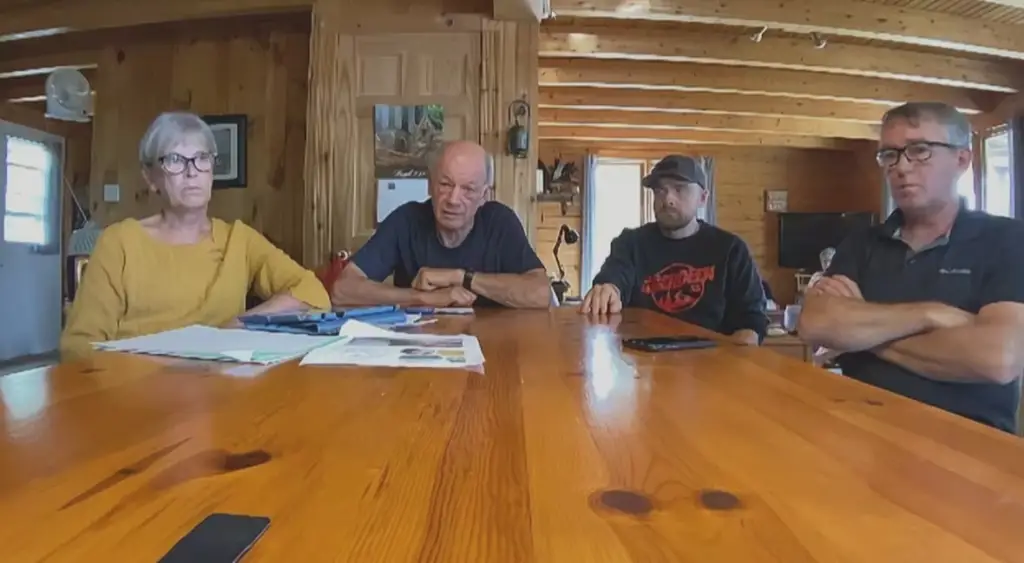
Austin Greenlaw, second from left, says he is ‘elated’ the rotenone project is being cancelled. In August, he and fellow cottagers said they felt left in the dark about future rotenone plans on the lake they live on.
“Really, the project to me has died a natural death and it’s the right decision for them to not continue,” Greenlaw said.
He stated that it would have been unwise for the treatment to proceed, given that smallmouth bass had already been found beyond the treatment zone.
Greenlaw believes that the group’s statement unjustly attributed blame to cottagers and Indigenous protesters for the decision to stop the project.
“But we don’t feel guilty for trying to protect our little piece of heaven,” Greenlaw said.
Greenlaw mentioned that now, lake cottagers can resume their normal routines, as the prospect of the project continuing had been a constant source of anxiety for them.
He also criticized one of the groups within the working group.
According to Greenlaw, the Atlantic Salmon Federation showed little concern for the feelings of cottagers, and he characterized their proposals as a rushed endeavor intended solely for a quick public relations win in their salmon conservation efforts.
“It’s just common sense now that this is over, and we’re pleased it’s put to bed.”
Group leaves with dire warnings
The conclusion of the working group’s statement unmistakably conveys its stance on the threat that smallmouth bass pose to New Brunswick.
“The full effect of this preventable tragedy will be understood in time,” the statement said.
“The selfish, thoughtless act of dumping a bucket of smallmouth bass in that lake will be a permanent black mark on the long, incredible story of the Miramichi.”



